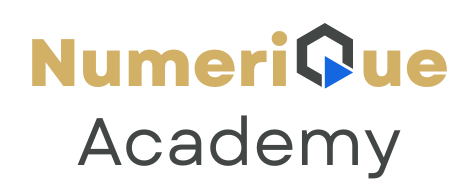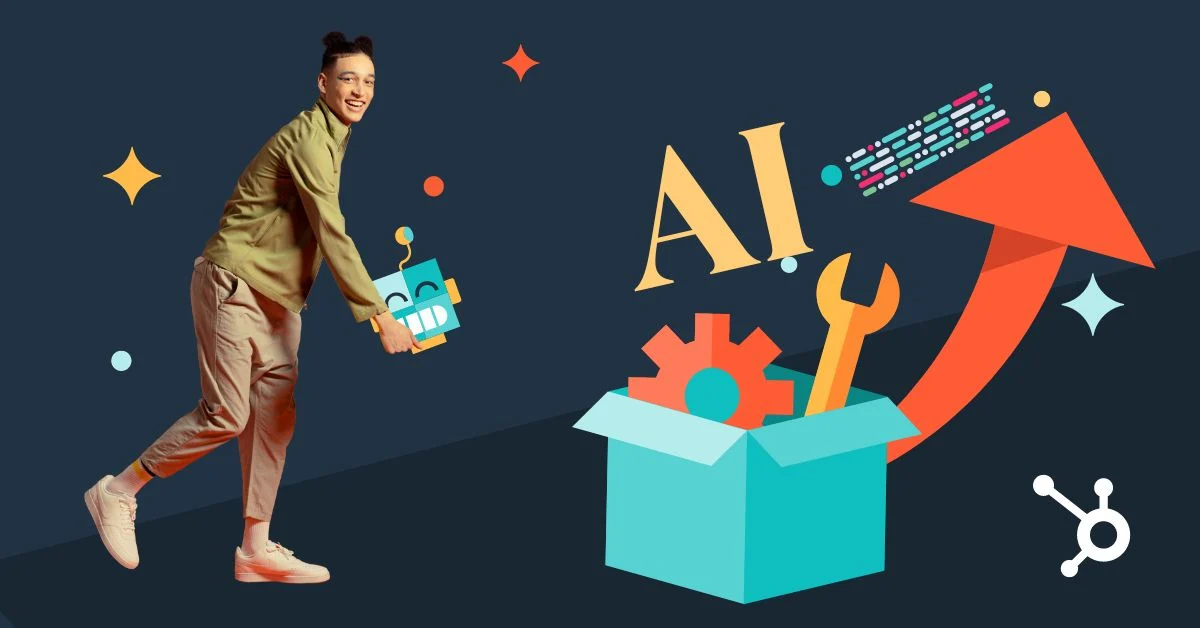Launching a startup has never been more accessible—or more competitive. With the surge in artificial intelligence (AI) tools, entrepreneurs can now ideate, build, and market their startups faster and smarter than ever before. Whether you’re a solo founder or part of a small team, leveraging AI at every stage can give you the edge you need.
In this guide, we’ll walk through how AI tools can support your startup journey, from brainstorming to launch, and recommend some of the most effective platforms available in 2025.
Stage 1: Ideation & Validation
Every successful startup starts with a strong idea. But not every idea is a good one. AI tools can help you brainstorm innovative concepts and validate market interest before you commit time or money.
Recommended AI Tools:
- ChatGPT (OpenAI) – Use it to brainstorm ideas, generate product concepts, or simulate customer personas.
- Neural.love – For visual prototyping of your product or brand concept using generative AI.
- Tiipe – A market research assistant that uses AI to summarize trends, competitor data, and consumer sentiment from public data sources.
- Maze – An AI-powered user testing platform that allows you to test concepts quickly with real users and get predictive feedback.
Pro Tip:
Use AI-generated surveys and forms (via tools like Typeform + AI) to gather real user feedback fast. Pair this with automated sentiment analysis for better insight.
Stage 2: Product Development & Prototyping
Whether you’re building a physical product, an app, or a SaaS platform, AI can accelerate development with tools that write code, design interfaces, and even generate functional prototypes.
Recommended AI Tools:
- GitHub Copilot / Amazon CodeWhisperer – AI pair programming tools that help you write clean code faster.
- Uizard / Framer AI – Quickly turn written ideas into UI mockups and interactive prototypes using AI.
- Durable – Automatically generates landing pages and websites based on your business type and goals.
- Builder.ai – A no-code/low-code platform for building software using conversational AI input.
Pro Tip:
Combine a no-code AI builder with an AI dev assistant like Copilot to reduce dev costs and shorten your MVP launch window by 40–60%.
Stage 3: Branding & Content Creation
Branding is more than a logo—it’s the voice and soul of your startup. AI design and content generation tools now enable founders to establish a full brand identity in hours instead of weeks.
Recommended AI Tools:
- Looka – AI-generated logos, color palettes, and brand kits.
- Canva Pro (with Magic Studio) – Create social posts, business cards, slide decks, and product visuals with generative AI features.
- Copy.ai / Jasper / Notion AI – Generate landing page copy, taglines, blog posts, and newsletters in your startup’s voice.
- Lumen5 – Turn blog posts or ideas into short video content for social media.
Pro Tip:
Use AI to A/B test your brand messaging on social media (using tools like Buffer + AI analysis) before finalizing your website copy.
Stage 4: Marketing & Customer Outreach
AI can supercharge your marketing efforts, enabling precise targeting, personalized outreach, and consistent content creation—all essential for early traction.
Recommended AI Tools:
- AdCreative.ai – Instantly generate high-performing ad creatives and variations for Google, Meta, and LinkedIn.
- Unbounce Smart Traffic – AI-driven landing page optimization to boost conversion rates.
- ManyChat / Tidio – AI chatbots that engage with site visitors and handle common questions or onboarding tasks.
- Ocoya / Predis.ai – Automate and generate your entire social media calendar, including captions, hashtags, and visuals.
- Hunter + Lavender AI – Combine lead finding and AI-generated cold email outreach to reach your ideal customers with tailored messages.
Pro Tip:
Use AI to segment your audience by behavior and personalize outbound messages at scale. This increases email open rates and reduces churn.
Stage 5: Analytics & Continuous Optimization
AI doesn’t stop after launch. Monitoring, learning, and optimizing your product and marketing efforts is crucial—and modern AI analytics tools make it seamless.
Recommended AI Tools:
- Pendo / Hotjar AI – Understand user behavior with intelligent heatmaps, feedback analysis, and product usage predictions.
- HockeyStack / Mixpanel – Track growth and retention with AI-powered cohort analysis and visual reporting.
- Survicate – Automate post-purchase or user experience feedback, summarized by AI for actionable next steps.
- Notion AI / Airtable AI – Use these for internal documentation, project updates, and team performance tracking.
Pro Tip:
Create an “AI command center” using Notion or ClickUp where all your analytics, content calendars, customer support trends, and growth experiments are automatically updated and summarized.
Final Thoughts: Building Smart from the Start
AI doesn’t replace founders—it empowers them. It’s no longer just about working hard, but working smart with the right tools.
The AI startup toolkit is vast, and the best approach is to start small: identify the most time-consuming or costly part of your current workflow and automate that first. From there, build a lean, AI-assisted team that can scale with minimal overhead.
Key Takeaways:
- Use ChatGPT or similar LLMs to generate and validate ideas.
- Lean on AI prototyping tools like Uizard or Builder.ai to test before investing in full development.
- Save time and money with AI marketing—from ad creative to customer support.
- Make decisions with confidence using real-time AI analytics and feedback loops.
You don’t need a huge team or a big budget. Just the right idea, the right mindset—and the right AI tools.

